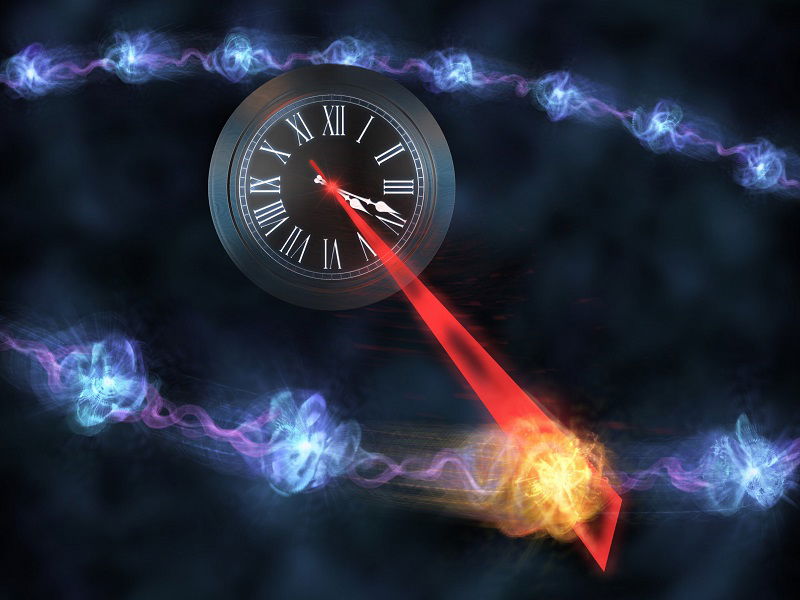Knowridge
3w
8

Image Credit: Knowridge
New quantum trick could make super accurate clocks without using more energy
- Scientists have discovered a new method to enhance clock accuracy without increasing energy usage.
- This breakthrough, detailed in Nature Physics, involves leveraging quantum particles' behavior for more efficient time measurement.
- The research involved an international team from TU Wien, Chalmers University of Technology, and the University of Malta.
- Atomic clocks, renowned for their precision, rely on atoms' vibrations to track time but face inherent quantum uncertainty.
- Traditionally, higher clock precision required more energy, leading to increased disorder in the universe.
- The new study proposes using dual time scales, akin to a clock's minute and second hands, to significantly boost accuracy without a substantial energy hike.
- By employing quantum particles that move through a clock structure without disturbances, entropy-free quantum transport is utilized.
- This allows for enhanced precision without immediate entropy increase until the particle is measured.
- The method combines quick, entropy-free quantum motion with slower, entropy-generating steps to achieve unexpected precision gains.
- The approach is testable with current technology like superconducting circuits, offering potential advancements in quantum experiments.
- This advancement not only revolutionizes time measurement precision but also aids in understanding the quantum-thermodynamics relationship.
- It signifies a significant step in quantum measurement science with implications for future technologies.
Read Full Article
Like
For uninterrupted reading, download the app